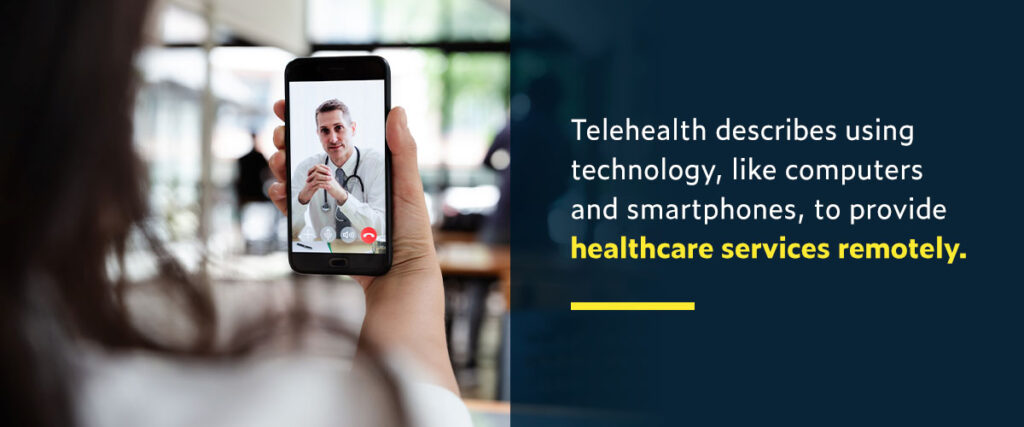Unlocking the Secrets of Subscription Based Healthcare for Better Patient Outcomes
Unlocking the Secrets of Subscription Based Healthcare for Better Patient Outcomes
Blog Article
Navigating the Future of Medicine With Subscription-Based Healthcare Services
As the medical care sector evolves, subscription-based services emerge as a pivotal version guaranteeing to reshape client care distribution. With the possible to use streamlined, cost-effective solutions via predictable pricing and individualized interest, these services stand at the center of modern-day medical technology. Yet, as we consider their surge, one have to consider the implications of incorporating such systems right into existing health care frameworks. What challenges do they position in terms of information safety and security and fair gain access to, and just how might they redefine the patient-provider connection? The solution to these inquiries might basically change our method to medical care.
Rise of Membership Healthcare
As health care systems worldwide face enhancing pressures from increasing costs and need for solutions, the introduction of subscription-based health care designs has become a transformative trend. This ingenious strategy is interrupting standard health care distribution by offering a foreseeable, flat-rate settlement structure for medical services. Rooted in the principles of concierge medicine, subscription-based healthcare enables companies to concentrate on tailored person care while at the same time handling operational effectiveness.
The raising customer need for openness and predictability in healthcare expenses has driven the shift in the direction of this design. Subscription-based services often supply direct accessibility to health care experts, which can reduce the management worries linked with insurance coverage cases and compensations.
This model is obtaining grip among varied doctor, from health care physicians to specialized facilities, by aligning monetary incentives with constant and preventive care. By changing the focus from volume to value-based treatment, registration health care has the potential to improve the landscape, fostering an extra lasting and patient-centered technique to health administration.
Advantages for Individuals

Furthermore, subscription-based solutions usually emphasize preventative treatment, urging normal exams and wellness testings. This proactive approach can result in early detection of health problems, possibly boosting results and reducing long-lasting healthcare prices for people. Such versions commonly supply clear prices, allowing people to much better comprehend their health care expenses and avoid unforeseen medical costs.
The individualized nature of subscription-based healthcare also boosts client experience. Individuals can receive tailored medical care plans that match their particular demands, fostering a much more patient-centric strategy.
Innovation's Role in Improvement

Expert system (AI) plays an important function in predictive analytics, aiding in early diagnosis and tailored therapy strategies. AI formulas examine huge datasets to identify patterns that could be overlooked by human observation, hence boosting scientific decision-making. Electronic wellness documents (EHRs) improve patient details monitoring, making certain connection and coherence of treatment across numerous solutions and carriers.
Blockchain innovation enhances information safety and personal privacy, critical for preserving patient count on digital systems. It enables protected and transparent purchases of medical information, making certain that sensitive details stays safeguarded. With the combination of machine learning and AI, blockchain can automate complex health care procedures, reducing management problems.
Considerations and obstacles
While technology pushes the capacities of subscription-based medical care solutions, it additionally presents a set of challenges and considerations that should be dealt with to make sure effective implementation. One substantial obstacle is the fair access of these services.
Information privacy and security represent another crucial factor to consider. Subscription-based solutions typically require the collection and storage space of substantial quantities of individual wellness info. Providers should adhere to strict data protection guidelines to preserve client trust fund and protect against unapproved gain access to, which can bring about considerable honest and lawful consequences.
Moreover, the sustainability of subscription designs presents a challenge. As healthcare requires develop, preserving an economical balance between registration fees and solution high quality is important to stop patient discontentment and attrition. Integrating these solutions within typical health care systems requires seamless interoperability in between platforms, which is often a complicated and resource-intensive venture. Attending to these challenges is necessary as subscription-based healthcare solutions proceed to broaden and advance.
Future Effects for Medicine
Subscription-based health care solutions are positioned to significantly affect the future landscape of medication by improving just how treatment is accessed and provided. These versions offer the potential to democratize healthcare access, offering clients with more timely and customized interventions. By leveraging technology, such as telemedicine and data analytics, subscription solutions can promote continual surveillance and customized health and wellness administration, therefore enhancing results and decreasing the concern on conventional healthcare systems.
As these solutions gain grip, they can promote a shift in the direction of preventative treatment, highlighting the significance of early discovery and monitoring of chronic conditions. This aggressive technique may eventually lower healthcare expenses by alleviating the need for expensive therapies emerging from late-stage illness management. Membership models use a scalable service to resolve variations in medical care gain access to, particularly in country or underserved populations.
Nonetheless, the shift in the direction of subscription-based designs demands attending to regulatory and honest factors to consider, including data personal privacy and fair gain access to. As the sector progresses, collaborative efforts in between policymakers, technology designers, and healthcare service providers will certainly be essential to developing durable structures that protect individual rate of interests while cultivating development. Eventually, these solutions promise to add considerably to a much more reliable, patient-centered medical care community.

Final Thought
Subscription-based medical care services stand for a substantial advancement in the clinical area, using foreseeable click over here costs and personalized care that enhance ease of access and prioritize preventive measures. As the healthcare landscape advances, subscription versions are poised to play a crucial duty in forming the future of medication.
As the health care market develops, subscription-based services arise as an essential design guaranteeing to reshape client care distribution.As health care systems around the world face increasing stress from climbing prices and need for services, the advent of subscription-based medical care designs has arised as a transformative fad (subscription based healthcare).With the increase of subscription-based healthcare versions reshaping traditional medical care shipment, patients are starting to experience substantial advantages from this ingenious strategy. As health care needs advance, preserving an economical balance between registration charges and solution high quality is vital to avoid patient discontentment and attrition.Subscription-based healthcare solutions are positioned to substantially influence the future landscape of medicine by improving Web Site just how care is accessed and provided
Report this page